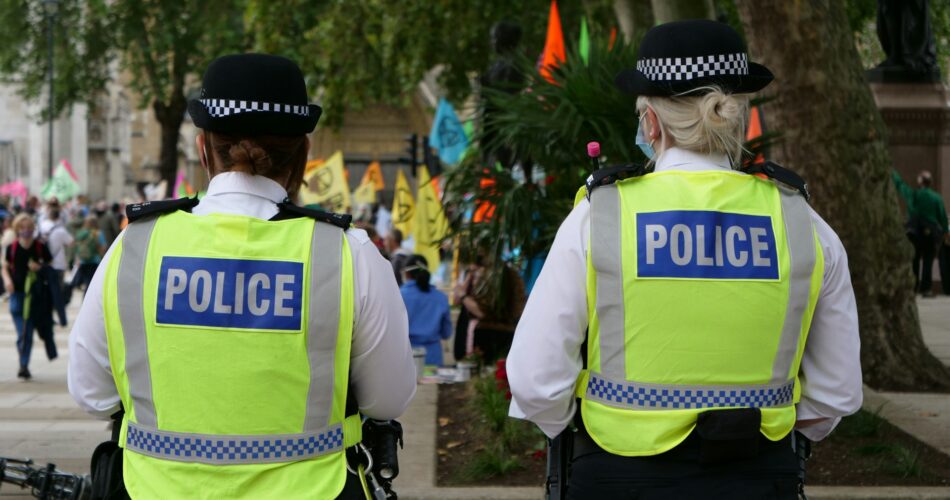The police seem to be targeting them.
In Birmingham, England, police reprimanded Isabel Vaughan-Spruce, a pro-life advocate, for silently praying near an abortion clinic, just months after a judge ruled that she should be compensated for her wrongful arrest for similar activities. Vaughan-Spruce, who is the director of UK March for Life, was standing within a 150-meter “buffer zone” around the clinic, an area where actions that could be seen as harassment or influencing someone’s decision about abortion are prohibited. Although she was praying silently, her mere presence could have been interpreted as causing distress due to her affiliation with a pro-life group.
Following the incident, Vaughan-Spruce expressed her frustration, arguing that her actions did not break the law. She pointed to the guidance from the Crown Prosecution Service, which clarified that silent prayer is not necessarily criminal in such zones. Despite this, Vaughan-Spruce was still told to leave. She criticized the situation as an example of viewpoint discrimination, claiming that simply holding pro-life beliefs was enough for the officer to assume she was committing a crime.
In a previous case from November 2022, Vaughan-Spruce had been arrested by police for silently praying near an abortion clinic, which led to compensation from the police for wrongful treatment. Vaughan-Spruce had filed a claim for wrongful arrests and human rights violations. The Alliance Defending Freedom (ADF) International, which supported her in these legal matters, has now written to the police to clarify that simply being present in a buffer zone does not constitute a criminal offense.
Another case involving a similar issue is that of Livia Tossici-Bolt, a retired medical scientist, who faced legal action for offering to talk to women entering an abortion clinic. Tossici-Bolt held a sign inviting women to talk if they wanted to, which led to a fine for allegedly breaching a local buffer zone law. Tossici-Bolt, however, argued that her actions were lawful, asserting that offering a conversation was not a criminal act. She plans to contest the fine and has a trial scheduled for March.
These cases highlight concerns about the legal and social consequences of buffer zone laws that restrict certain types of speech near abortion clinics. Critics argue that such laws, though intended to prevent harassment, can lead to the criminalization of peaceful actions like prayer or offering support to those considering abortion. Legal experts like Jeremiah Igunnubole from ADF UK have emphasized the importance of defending freedom of speech and thought, suggesting that the expansion of such laws poses a threat to democratic principles.
